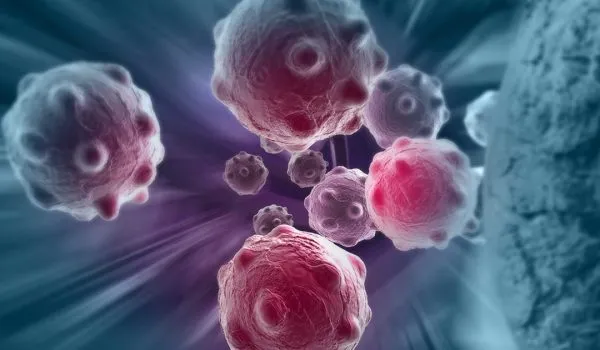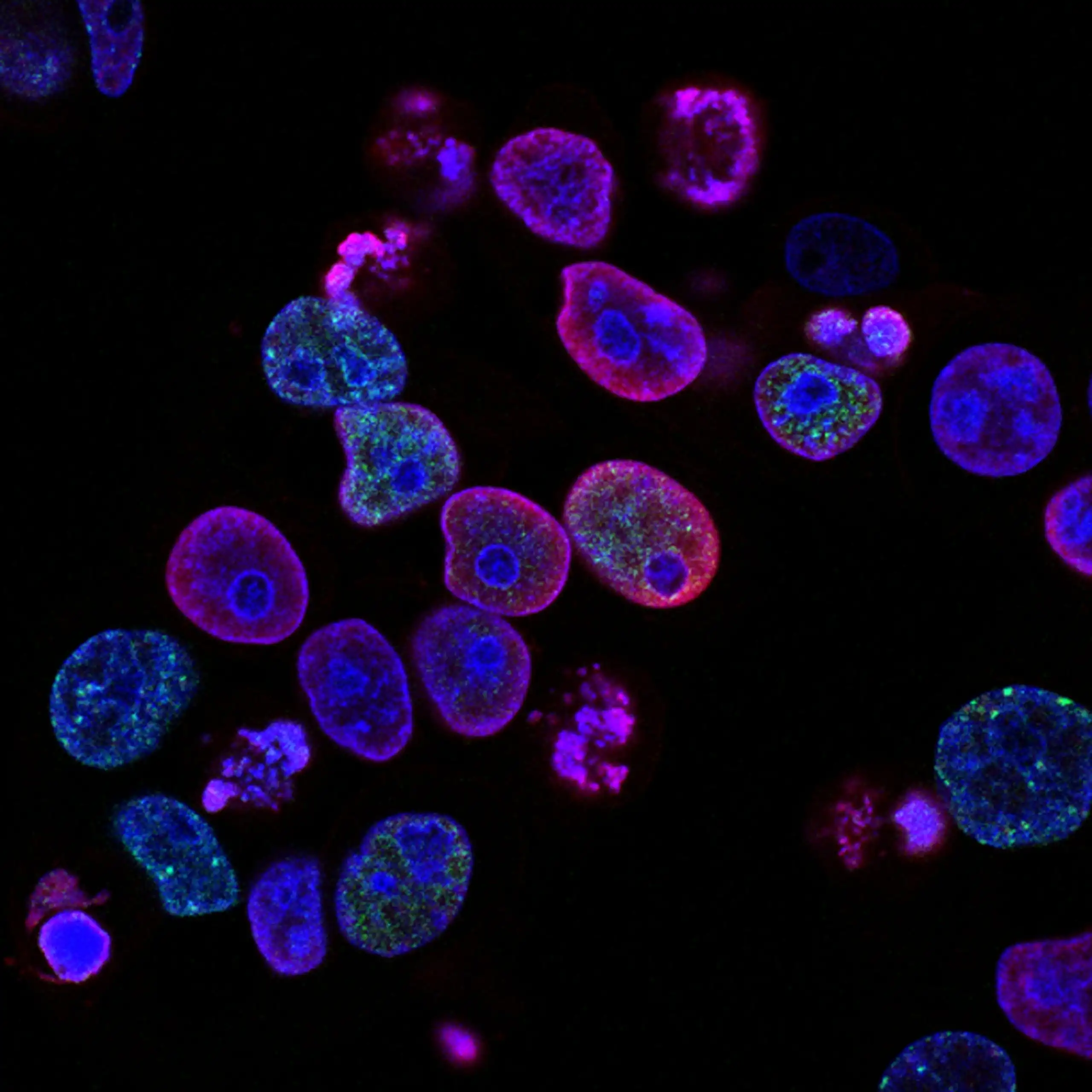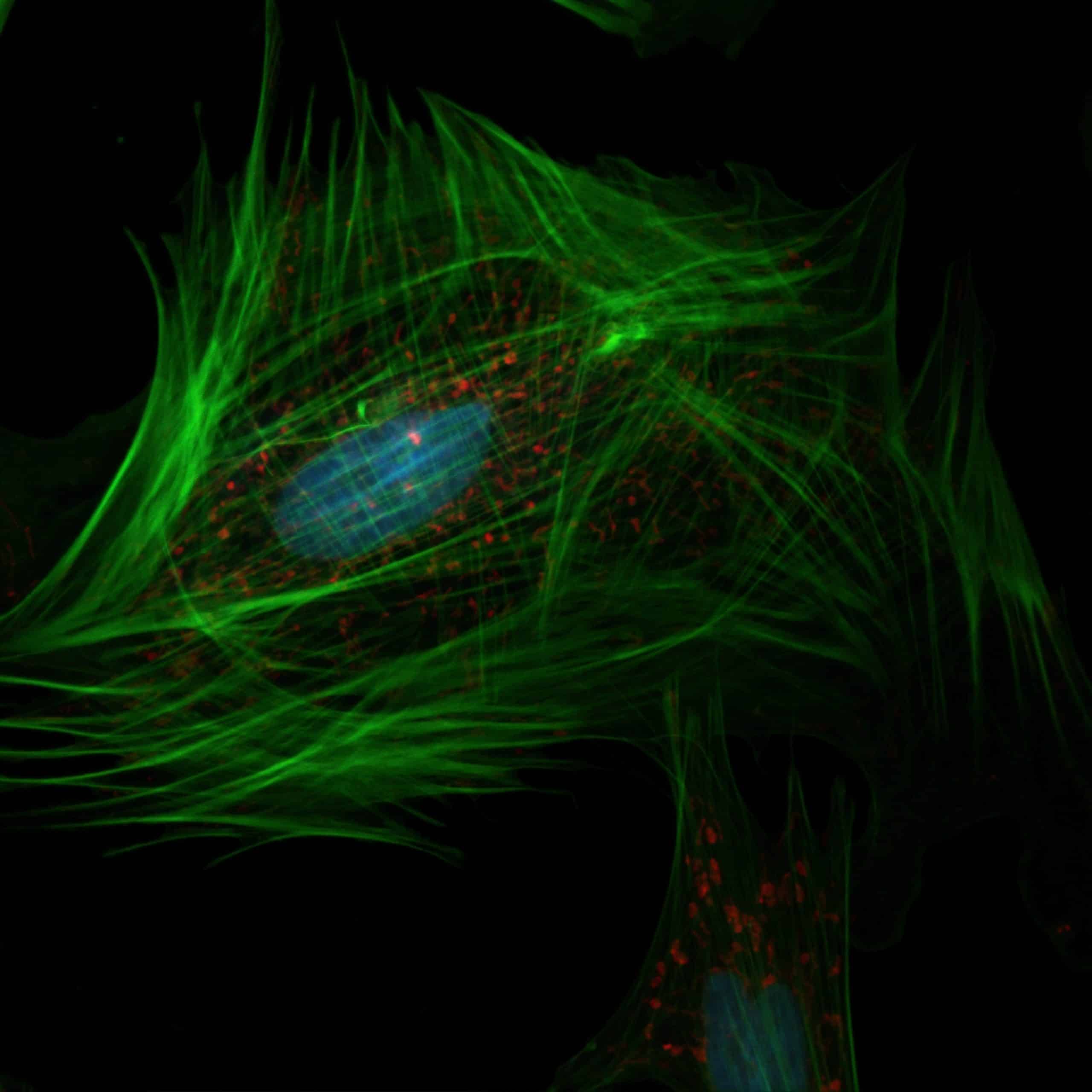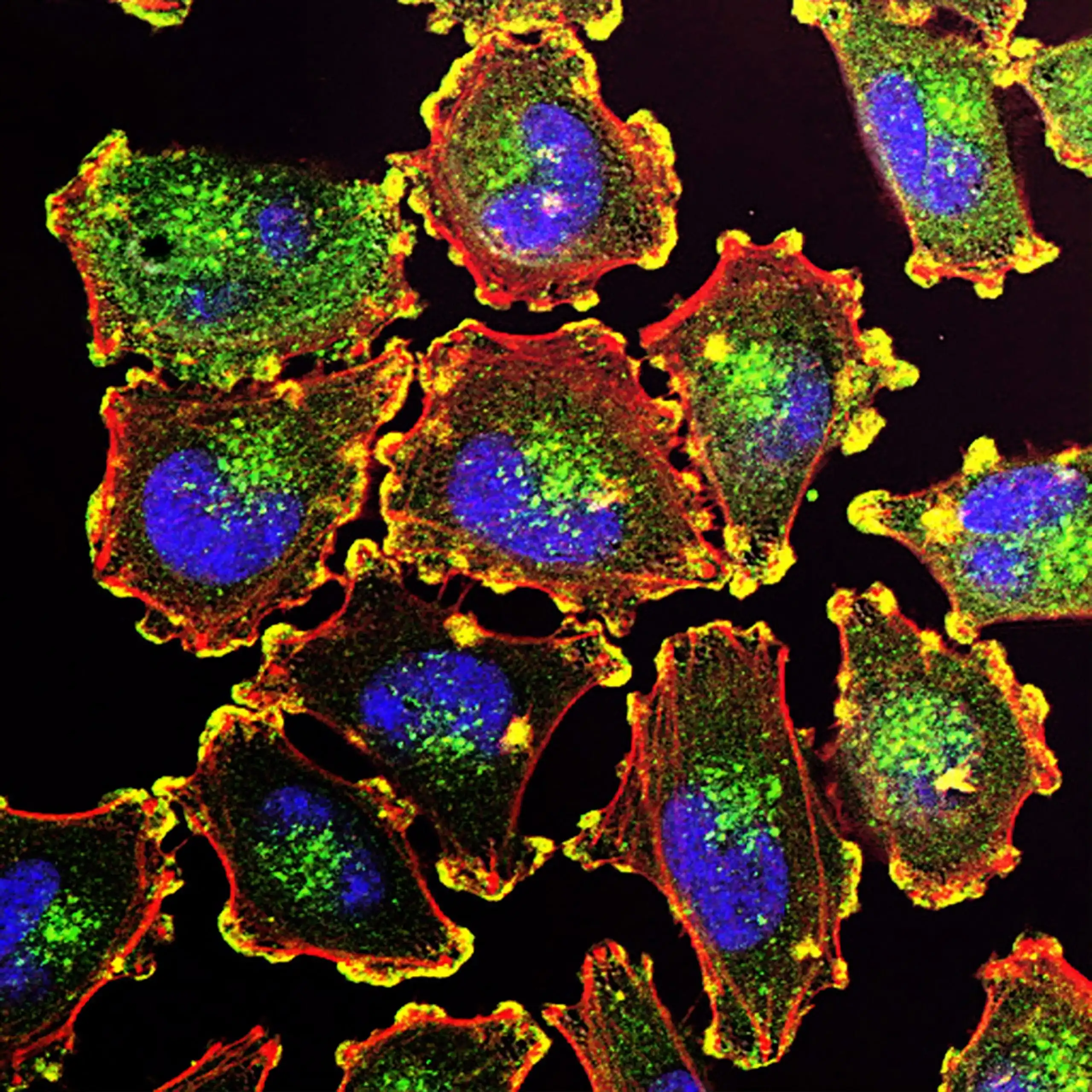
Prescribed primarily as an anti-cancer drug, pazopanib hydrochloride (HCL) treats renal cell carcinoma and soft tissue sarcoma. Regulated by governments worldwide, the drug is marketed by Novartis and sold under the brand name Votrient.
Table of Contents
What is Pazopanib Hydrochloride (HCL)?
Pazopanib HCL is an oncology medication used predominantly to treat a type of kidney cancer called renal cell carcinoma, and advanced soft tissue sarcoma in patients that previously underwent chemotherapy. In addition, Pazopanib HCL is currently being studied to treat other conditions, including thyroid cancer.
Get your requested raw materials quotation
Pazopanib HCL Regulatory Approval
Numerous global regulatory administrations have approved Pazopanib HCL to treat soft tissue sarcoma and renal cell carcinoma.
United States
Pazopanib HCL was approved by the US Food and Drug Administration (FDA) in October 2009 to treat soft tissue sarcoma and renal cell carcinoma.
In 2021, the FDA determined that pazopanib HCL tablets at 400 milligrams were not withdrawn from sale for safety and effectiveness reasons. As a result, the determination now allows the FDA to approve pazopanib hydrochloride tablets for abbreviated new drug applications.
European Union
The European Union’s European Medicines Agency approved pazopanib HCL to treat renal cell carcinoma and soft tissue sarcoma in June 2010. This conditional marketing authorisation was switched to a full marketing authorisation in July 2013.
United Kingdom
The United Kingdom’s Medicines and Healthcare Products Regulatory Agency (MHRA) approved the use of Pazonabib for renal cell carcinoma and soft tissue sarcoma in June 2010.
Australia
Australia’s Therapeutic Goods Administration (TGA) approved pazopanib HCL to treat advanced or metastatic renal cell carcinoma and advanced soft tissue sarcomas in June 2010. The TGA subsidizes the medication under the country’s pharmaceutical benefits scheme.
Pazopanib Hydrochloride (HCL) Medical Uses
Pazopanib HCL is predominantly used to treat soft tissue sarcoma and renal cell carcinoma. The drug was also shown to have initial therapeutic properties in cases of non-small cell lung cancer and ovarian cancer, although applications for approval have been withdrawn.
Get your requested raw materials quotation
Pazopanib Hydrochloride (HCL) Contraindications
Contraindications to pazopanib HCL have not been identified. Some cautions against the use of pazopanib include:
- Torsades de pointes (abnormal heart rhythms)
- Thrombotic microangiopathy (thrombosis in capillaries and arterioles)
- Thrombotic thrombocytopenic purpura (small vessel blood clot formation)
- Hypertension (high blood pressure)
- Gastrointestinal tract perforations
- QT interval prolongation (heart rhythm condition)
- Hemolytic uremic syndrome (Inflamed and/or damaged small blood vessels in kidneys)
- Cardiac dysfunction (decreased left ventricular fluid ejection and congestive heart failure)
- Fatal hemorrhage
- Haematologic parameter alterations (variations in red and white blood cell counts and hemoglobin concentration)
- Arterial and venous thrombotic events
Pazopanib Hydrochloride (HCL) Adverse Effects
Common side effects of pazopanib HCL include:
- Nausea
- Vomiting
- Diarrhea
- Rash
- Fatigue
- Hair loss
- Hair colour changes
- Altered sense of taste
- Hypertension
- Edema
- Abdominal pain
- Appetite loss
- Bone marrow suppression (leucopenia, neutropenia, thrombocytopenia, lymphopenia)
- Electrolyte abnormalities (hypocalcemia, hypomagnesemia, hypophosphatemia)
Pazopanib HCL has also been associated with the risk of potentially fatal liver damage.
Pazopanib HCL Interactions
A partial list of drug interactions with pazopanib HCL includes:
- PGP inhibitors (quinidine)
- CYP3A4 inducers (carbamazepine, rifampin) were reported to decrease pazopanib serum levels
- Co-administration with strong liver enzyme inhibitors: CYP3A4 (ritonavir, ketoconazole, clarithromycin, grapefruit juice) reportedly increase pazopanib serum levels
Pazopanib HCL Mechanism of Action
Pazopanib’s mechanism of action is through its role as a multiple kinase inhibitor that treats certain types of cancers by limiting tumor growth. It works by targeting angiogenesis via inhibition of enzymes, including platelet-derived growth factor receptor (PDGFR), vascular endothelial growth factor receptor (VEGFR), FGFR, and c-KIT.
Pazopanib HCL Pharmacokinetics
Studies of pazopanib’s pharmacokinetics suggest it has a bioavailability of 21% with a range of 14–39% after oral intake of a single tablet. The drug reaches its highest blood plasma concentrations after an average of 3.5 hours in studies ranging from 1.0 to 11.9 hours. Taken regularly, the area under the curve (the definite integral of a curve that describes the variation of a drug concentration in blood plasma as a function of time or AUC) increases 1.23-4-fold when compared to a single dose. When taken with food, AUC is doubled in addition to the highest plasma concentrations (Cmax). Crushed tables increase AUC 1.46-fold, as well doubling the Cmax.
More than 99.5% of Pazonpanib is bound to plasma proteins in the bloodstream. CYP3A4 is the liver enzyme primarily responsible for metabolizing the drug with minor contributions from CYP2C8 and CYP1A2. Metabolites identified in tests with microsomes and human liver cells include various hydroxyl derivatives and possibly a carboxylic acid. However, only 6% of the substance in circulation remains in metabolite form, with all except one being 10-20-fold less active than the actual drug. As a result, researchers do not consider the metabolites important for pazopanib’s therapeutic effect.
Pazopanib HCL has an average biological half-life of 30.9±4 hours and is eliminated mainly via feces, with less than 4% eliminated via urine.
Pazopanib HCL FAQ
Pazopanib HCL is an anti-cancer drug used to treat renal cell carcinoma and soft tissue sarcoma.
Pazopanib HCL is a multiple kinase inhibitor that limits tumor growth by targeting angiogenesis via inhibition of enzymes, including vascular endothelial growth factor receptor (VEGFR), FGFR, platelet-derived growth factor receptor (PDGFR), and c-KIT.
According to the European Medicines Agency, clinical trials of Pazopanib (Votrient) compared the drug with a placebo treatment in one main study of 435 patients. Participants in the study had advanced renal-cell carcinoma, and some had undergone cytokine treatment. Another study of 369 patients with soft-tissue sarcoma compared Votrient with a placebo. In all studies, the measure of effectiveness was determined by how long the patients lived without progression of the disease.



















